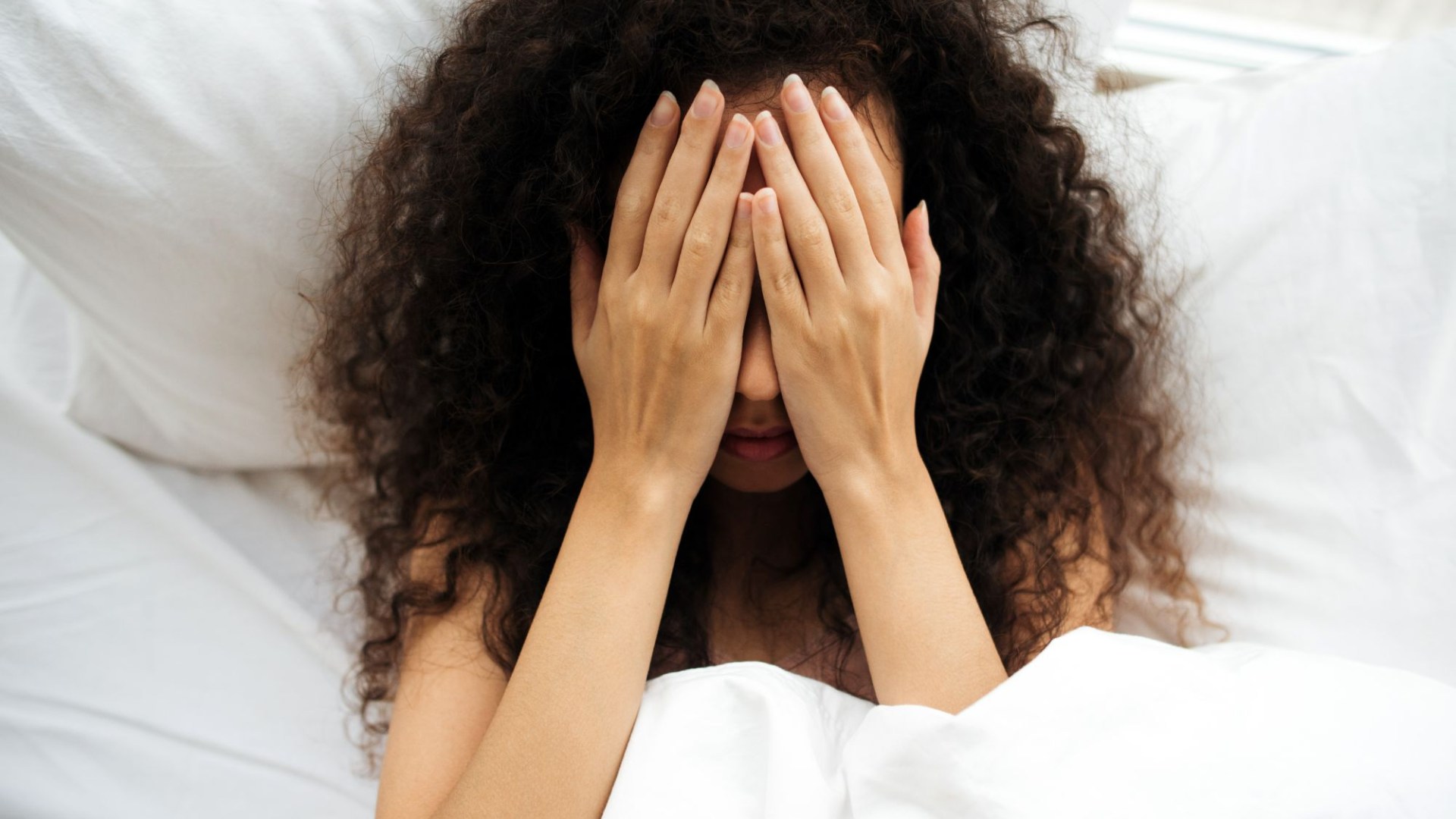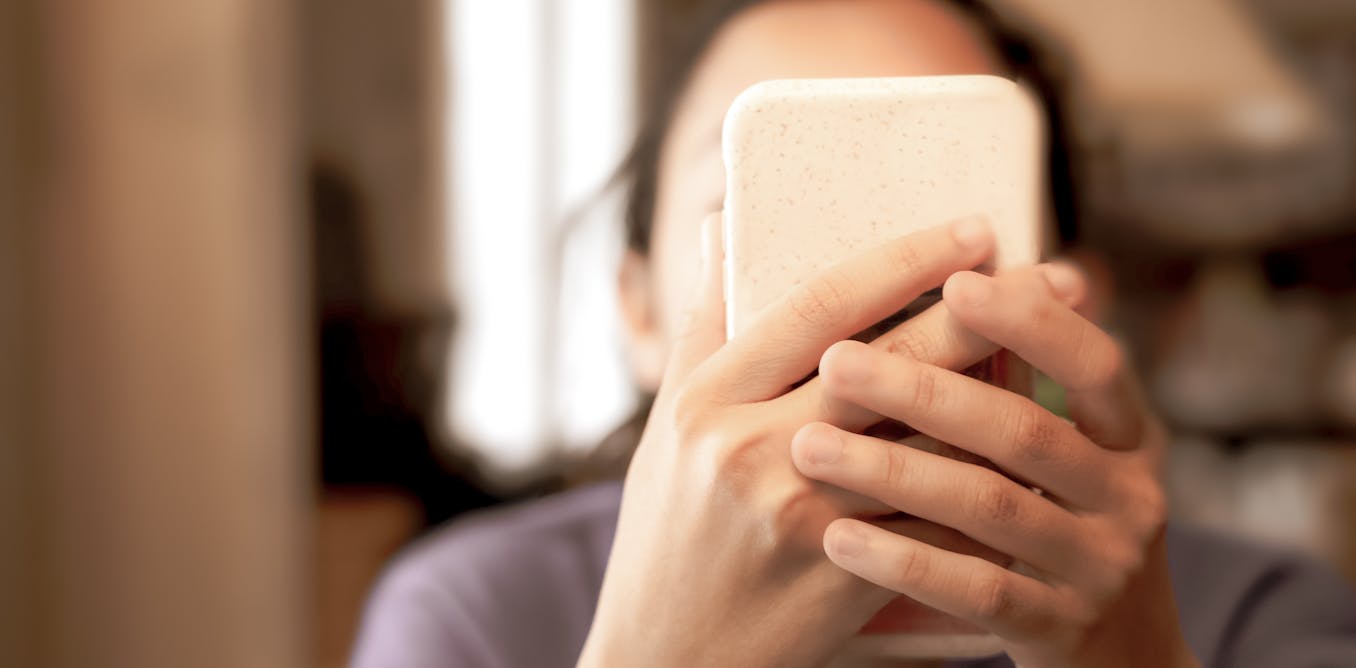WAKING up sweating, shaking and your heart racing from a nightmare is never a pleasant experience.
It might seem like some people are more prone to having their sleep invaded by bad dreams – now, scientists have a theory as to why.

1
People who are lonely could be more prone to having bad dreams, according to scientists from Oregon State University, the University of Arizona, the University of Tampa and Whitworth University.
Both loneliness and sleep disorders are serious public health issues, researcher Colin Hesse said, as they’re both linked to increased risk of heart disease, stroke and premature death.
The study adds to research that has warned of the health consequences of being lonely, scientists said.
Researchers drew on a theory called the evolutionary theory of loneliness.
It proposes that loneliness evolved to warn us that our social connections are lacking.
Dr Hesse, director of the School of Communication in OSU’s College of Liberal Arts, explained: “When people’s need for strong relationships goes unmet, they suffer physically, mentally and socially.
“Just like hunger or fatigue means you haven’t gotten enough calories or sleep, loneliness has evolved to alert individuals when their needs for interpersonal connection are going unfulfilled.”
It comes after Harvard University researchers said loneliness may increase a person’s risk of stroke by 56 per cent.
Social isolation been previously been linked to heart disease, depression, dementia and diabetes.
Not only affecting our waking hours and overall health, it appears loneliness can also take a toll on sleep quality through nightmares, scientists said.
The latest study involved surveying 1,600 US adults aged between 18 and 81.
Researchers found that people who described themselves as lonely were more likely to suffer more frequent and intense nightmares – though they noted that results showed correlation rather than cause and effect.
A key link between loneliness and nightmare frequency was stress, researchers said in a paper published to Journal of Psychology.
Other factors tying loneliness to nightmares are worry, anxiety and hyperarousal – the state of being extra alert and focused.
Like stress, rumination and hyperarousal are associated with loneliness, researchers said.
Lonely individuals tended to experience more of these mental states, which in turn were associated with more frequent and intense nightmares.
Dr Hesse said: “Quality restorative sleep is a linchpin for cognitive functioning, mood regulation, metabolism and many other aspects of well-being.
“That’s why it’s so critical to investigate the psychological states that disrupt sleep, loneliness being key among them.”
How to get help for loneliness
Tips from the NHS:
- Try talking about your feelings to a friend, family member, health professional or counsellor. You could also contact Samaritans, call: 116 123 or email: [email protected] if you need someone to talk to
- Consider joining a group or class that focuses on something you enjoy; you could ask to go along and just watch first if you’re feeling nervous
- Consider visiting places where you can just be around other people – for example, a park, the cinema or a cafe. If you have a routine, you may start seeing the same people here
- Consider peer support, where people use their experiences to help each other. Find out more about peer support from Mind
- Get practical tips and advice to help with loneliness on Every Mind Matters
- Listen to the free NHS mental wellbeing audio guides
- Look after your health and spend time in nature if you can, which can reduce feeling of loneliness
Dr Hesse went on: “It’s too early to talk about specific interventions in a concrete sort of way, but our findings are certainly consistent with the possibility that treating loneliness would help lessen someone’s nightmare experiences.
“That’s a possibility to address in controlled, clinical studies.”
Loneliness is considered a state of mind that causes a person to feel empty, alone and unwanted.
It’s not the same as social isolation, but can be exacerbated by it.
According to the Campaign to End Loneliness, 7.1 per cent of Brits – about 3.83 million – experience chronic loneliness, meaning they feel lonely ‘often or always’.
The number of people feeling alone has risen since the pandemic, it said.
Treatment for nightmares in adults depends on what may be causing them, the NHS says.
If you’re having nightmares caused by a traumatic event, a GP may recommend psychological treatment such as counselling.
If you have a condition that affects your sleep, treatment will usually involve trying to manage the condition better.
How is dementia linked to nightmares?
Scientists say that dreaming is an indicator of a healthy brain.
But having frequent bad dreams, or nightmares, as you get older may mean you’re at increased risk of dementia.
Dr Abidemi Otaiku, from the University of Birmingham’s Centre for Human Brain Health, said: “We’ve demonstrated for the first time that distressing dreams, or nightmares, can be linked to dementia risk and cognitive decline.
“This is important because there are few risk indicators for dementia that can be identified as early as middle age.
“While more work needs to be done to confirm these links, we believe bad dreams could be a useful way to identify individuals at high risk of developing dementia, and put in place strategies to slow down the onset of disease.”
His team studied data from three large US studies of health and ageing.
All participants were dementia-free at the start of the study and completed questionnaires about how often they experienced bad dreams and nightmares.
The researchers found that those who reported bad dreams and nightmares more frequently were more likely to be diagnosed with dementia in old age.
Read more on the study here.




